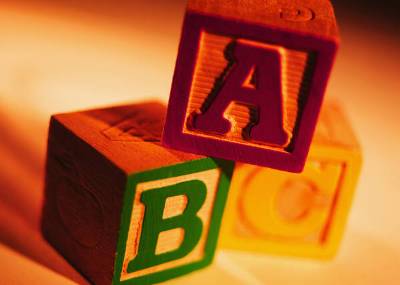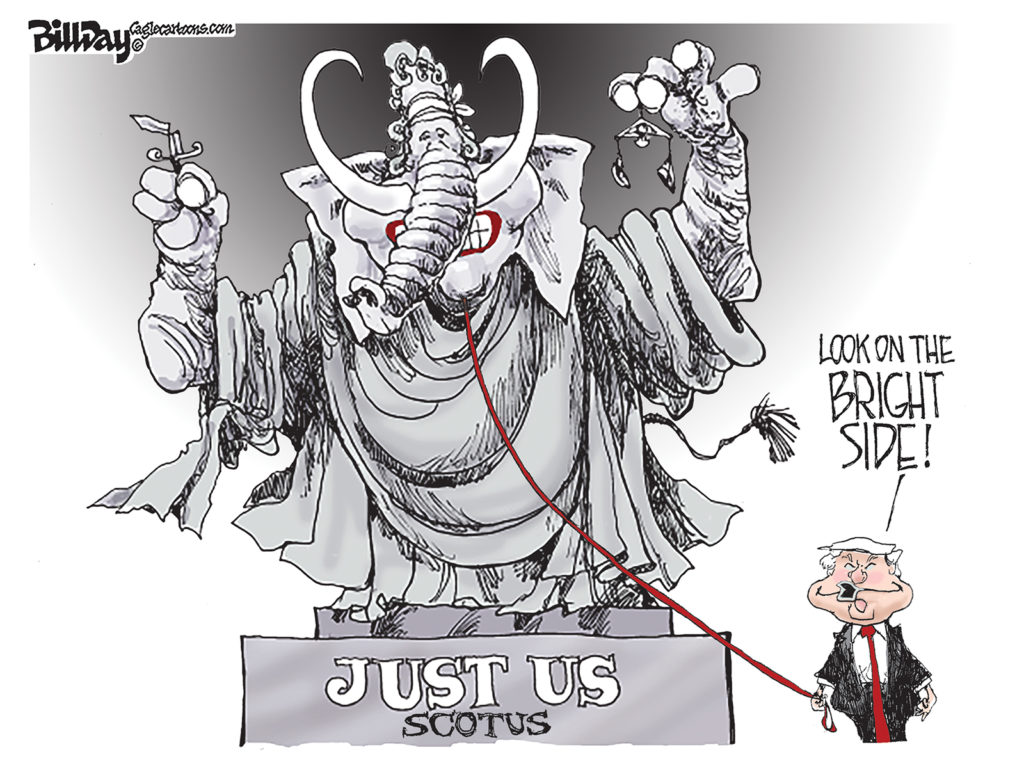This may turn out to be the Year of the Child in Memphis.
In 2013, we saw the merger of the old city and county school districts into the new Shelby County Schools. Despite rhetoric by some critics — especially suburban ones — that Memphians gave up educating their children when they voted to surrender the school district charter, it was more than anything a Hail Mary pass to improve urban education once and for all.
Whether that is achieved remains to be seen, but it certainly won’t be for lack of effort. The state-mandated 21-member Shelby County Transition Planning Commission was a blue-ribbon committee that lived up to its hype, and its 120-pages with 172 recommendations framed up the opportunities for the new merged district. Despite all odds, local businessman Billy Orgel has guided the 23-member school board through some thorny issues and the endless minutiae involved in merging two large bureaucracies.
The new district’s first superintendent, Dorsey Hopson, former general counsel for Memphis City Schools, has been a calming influence with a level-headed, calming approach to board operations, which include an array of the nation’s best-known school improvement organizations.
Some Good Signs
In addition, state government has charged the Achievement School District with turning around 68 low-performing schools in Memphis, and its strategy so far is heavy on charter schools. Only a few years ago, charters were novelties, but now, the Achievement School District’s doubling down on them is being watched closely by national educators for the results of regional charter management.
Other child-related issues are showing improvements, according to The Urban Child Institute’s Data Book. The infant mortality rate has declined 25 percent in two years, the percentage of mothers receiving no prenatal care is at a record low, breastfeeding has reached record high levels, and teenage births have dropped by 26 percent in five years.
If all this weren’t enough, a referendum to increase the Memphis sales tax to fund Pre-K will be held later this year. Compared to the 51 largest MSAs, Memphis is at the top of the rankings for the percentage of population under 18 years old. However, fewer than half of the 242,000 children in Shelby County are economically secure and 40 percent of children in Memphis live in poverty, where the odds of climbing the income ladder are stacked against them.
According to the Urban Child Institute, for every $1 spent on Pre-K, there is a $5.12 benefit, and by the time children who attended Pre-K are 27 years old, they are three times more likely to own a home than someone who did not attend Pre-K, twice as likely not to receive welfare and social services, and four times more likely to earn a higher annual income.
The Power of Pre-K
Pre-K is an early effort to level the playing field and give every child a fair start in life. Many research-backed reasons support Pre-K, but the one that matters most here is that students who attend Pre-K are more likely to graduate from high school (and hopefully, college). Memphis is ranked 46th in the 51 largest MSAs in the percentage of college-educated 25-34 year-olds. In that way, for Memphis, Pre-K is more than an educational strategy; it is a talent strategy.
Pre-K is one of those times when research and common sense converge. After all, any of us who can afford to pay for our children or grandchildren to enroll in quality Pre-K do it, and we do it because we have seen the improvements that come from this early introduction to language, thinking, self-control, and pride in achievement.
Children learn about language by listening to words, and Pre-K strengthens vocabulary and readiness to read. Pre-K encourages and leads children to think conceptually and connect concepts to form new ideas. Pre-K teaches children how to act in school, what good behavior is, and why it’s important to listen to teachers. Pre-K makes children self-confident and ready to learn as they enter school instead of seeing themselves as failures at the age of six by failing kindergarten or first grade.
According to the Urban Child Institute, for every $1 spent on Pre-K, there is a $5.12 benefit, and by the time children who attended Pre-K are 27 years old, they are three times more likely to own a home than someone who did not attend Pre-K, twice as likely not to receive welfare and social services, and four times more likely to earn a higher annual income. In addition, people without Pre-K are twice as likely to be arrested by the time they are 27 years old.
For too long, Pre-K has been seen as a worthy thing to do but not as an absolute necessity, but with passage of the sales tax referendum, that could all change, and if it does, 2013 would indeed be the Year of the Child in Memphis.
Previously published in September issue of Memphis magazine.



